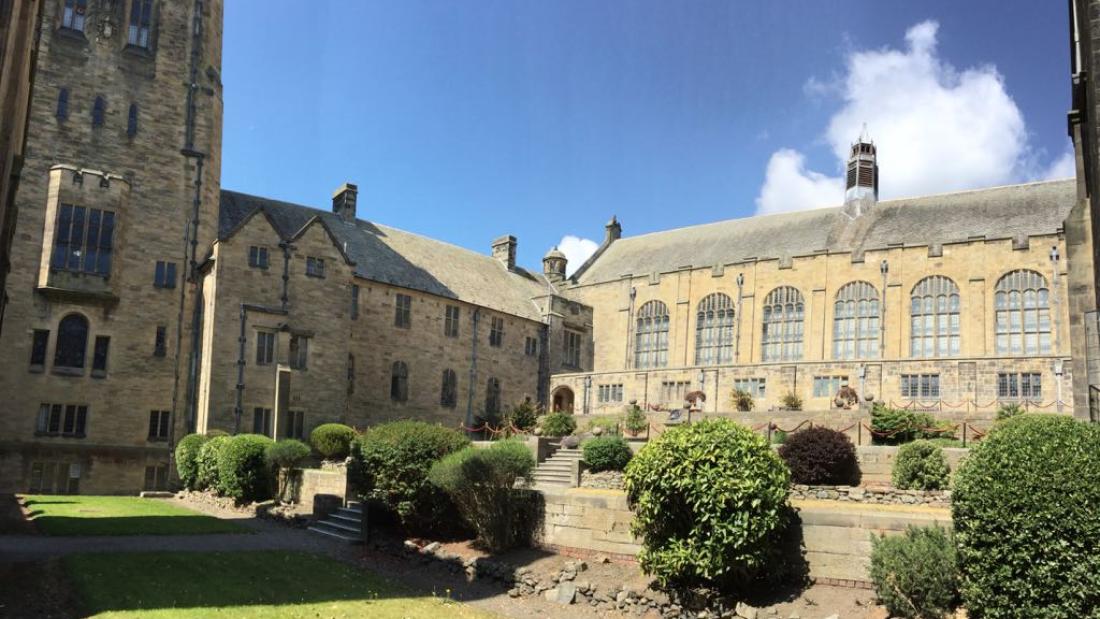From the first day of your degree course you will begin to learn the skills to develop as an economist and financial practitioner. You will have access to excellent facilities resources and extensive information technology to support your learning journey.
Teaching is delivered through a combination of lectures workshops and seminars. You can expect to have a minimum of 12 hours contact time during each teaching week. You will also be expected to undertake independent study and group work and participate in online activities and discussions using our virtual learning environment.
In your first year you will learn the fundamental principles of economic theory as well as developing an understanding of the history of economic development across the globe. You will acquire an understanding of financial techniques and financial instruments and start to build up your analytical and quantitative skills.
During your second year you will build a deeper understanding of microeconomics – how individuals and firms interact with each other in markets – and macroeconomics – the behaviour of the economy as a whole. You will deepen your knowledge of financial markets and the decisions that investment and portfolio managers are faced with. At the same time you will progress your understanding of the finance function within firms. You will have the option to develop your quantitative skills to be able to analyse the relationship between different economic variables within formal models; to study more specialised areas of economics or finance; or to choose optional modules from subject areas elsewhere in the University.
In your third year you will develop your knowledge skills and expertise to a more advanced level. You will follow a module in financial economics which will draw together your expertise in both economics and finance to appreciate how the tools used widely by financial practitioners and founded on economic theory. You will also develop further your understanding and skills in corporate finance. You will have a wide range of optional modules to choose from in both economics and finance that will focus on the application of the theory that you learnt in previous years to exploring contemporary issues in economics and finance. These will include topics such as strategic competition global economic development financial technology and behavioural finance. As in the second year you will have the option of choosing some modules from subject areas elsewhere in the University including for example modern languages or social policy. However if you prefer to focus on economics and finance then there will be options for you to study more specialised topics such as public economics international trade market risk analytics or corporate governance.
What will you study on this course?
In Year 1 students will take 80 credits from the following topics Business Analytics Economics and Financial Techniques and Analysis. There are also optional modules available in topics such as Digital Marketing Essentials Foundations of Marketing Introduction to Contemporary Management Issues in Ethics Sustainability HRM and Tourism Marketing in Practice Introduction to the employee life-cycle Management and Enterprise Personal Finance and Banking Principles of Financial Accounting Principles of Management Accounting Principles of Management and Organisation and Technology in Marketing. Students can also choose optional modules from other Business School level 4 modules or from elsewhere in the University subject to timetabling constraints.
In Year 2 students will take 80 credits from the following topics Corporate Finance Investment and Portfolio Management Macroeconomics and Microeconomics. There are also optional modules available in topics such as Banks and Financial Markets Econometrics and The Economics of Tourism. Students can also choose optional modules from other Business School level 5 modules or from elsewhere in the University subject to timetabling constraints and pre-requisites.
In Year 3 students will take 120 credits from the following such as Advanced Econometrics Applied Economics Corporate Governance FinTech in banking finance investment insurance and regulation Market Risk Analytics and Understanding the Global Economy. Students can also choose optional modules from other Business School level 6 modules or from elsewhere in the University subject to timetabling constraints and pre-requisites.
Please note course content is for guidance purposes only and may be subject to change.
Show less








